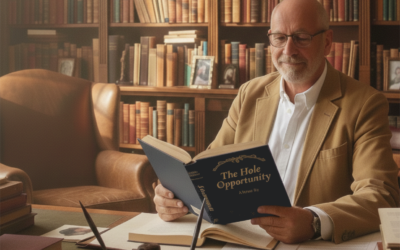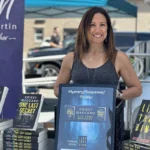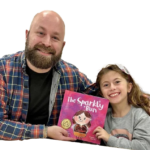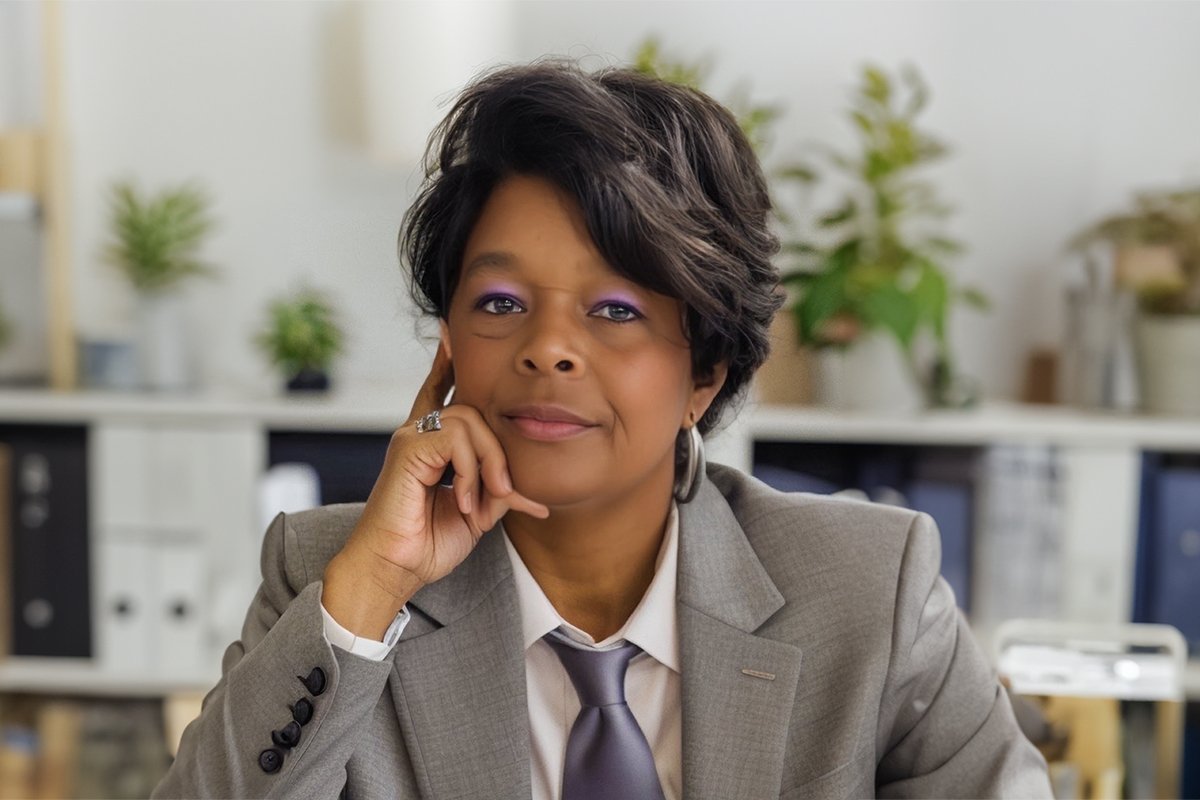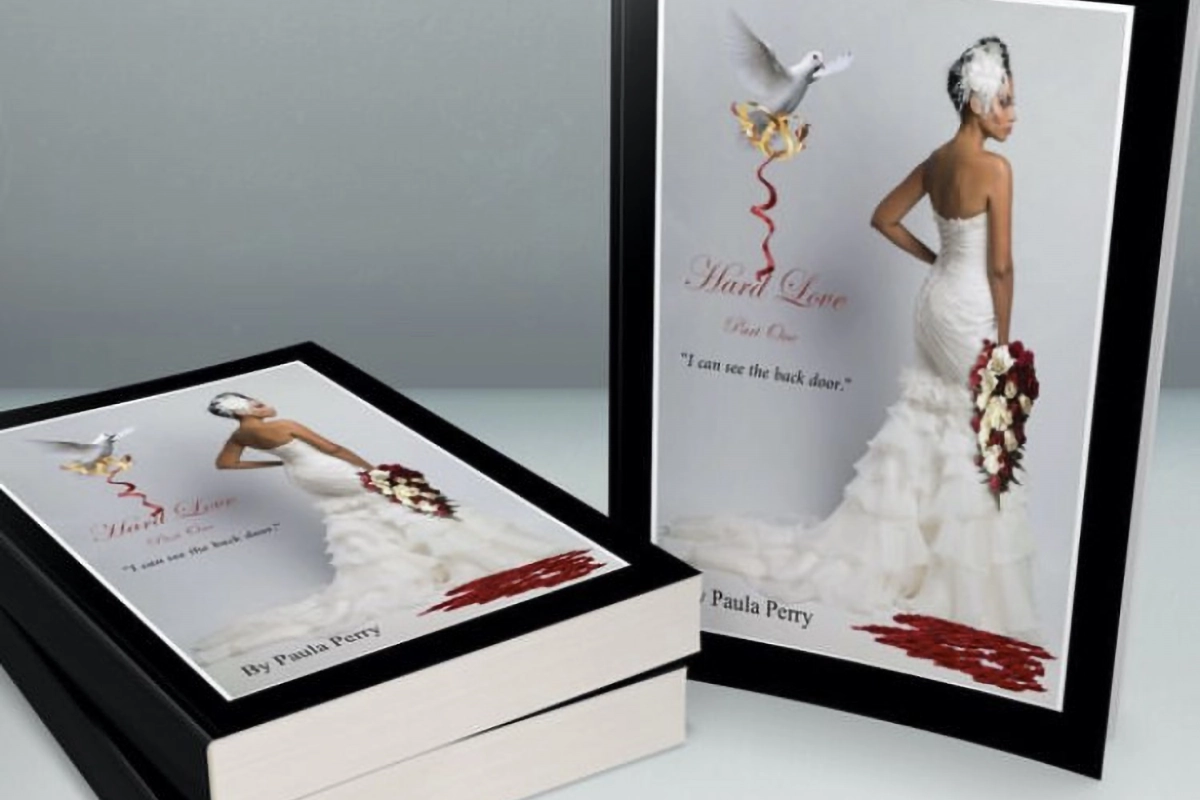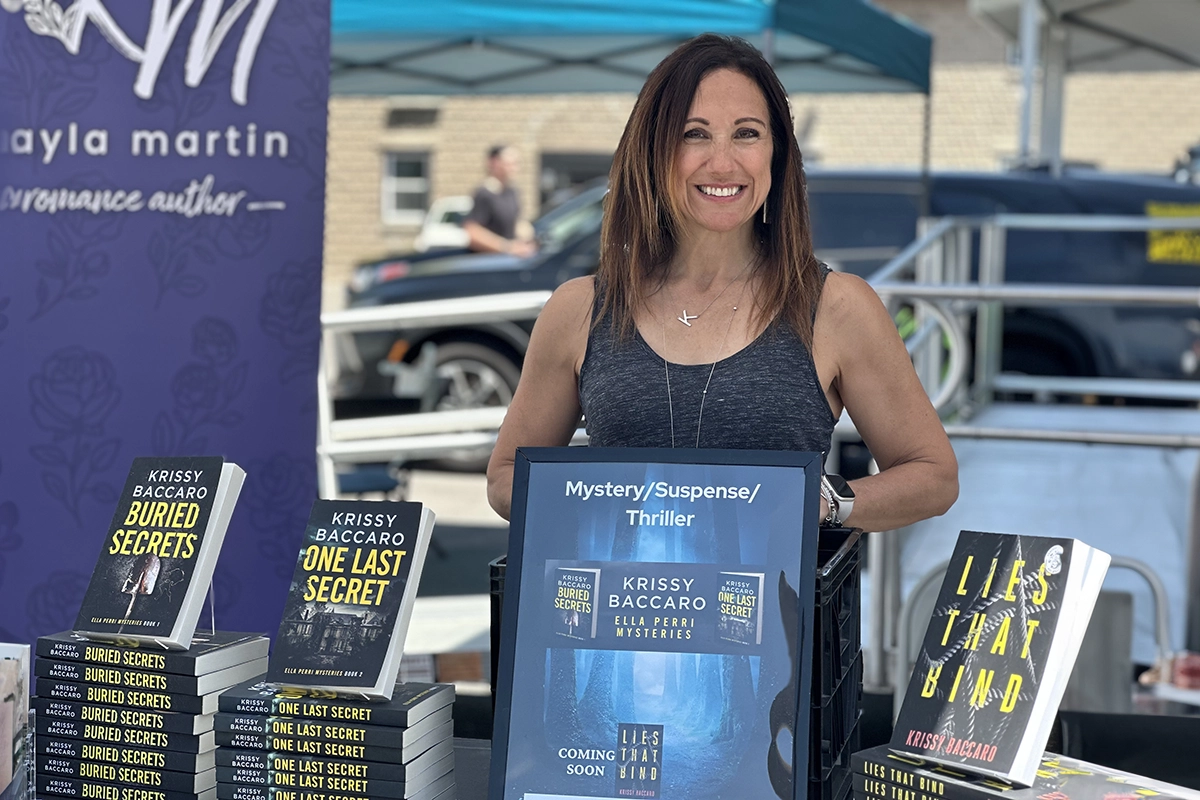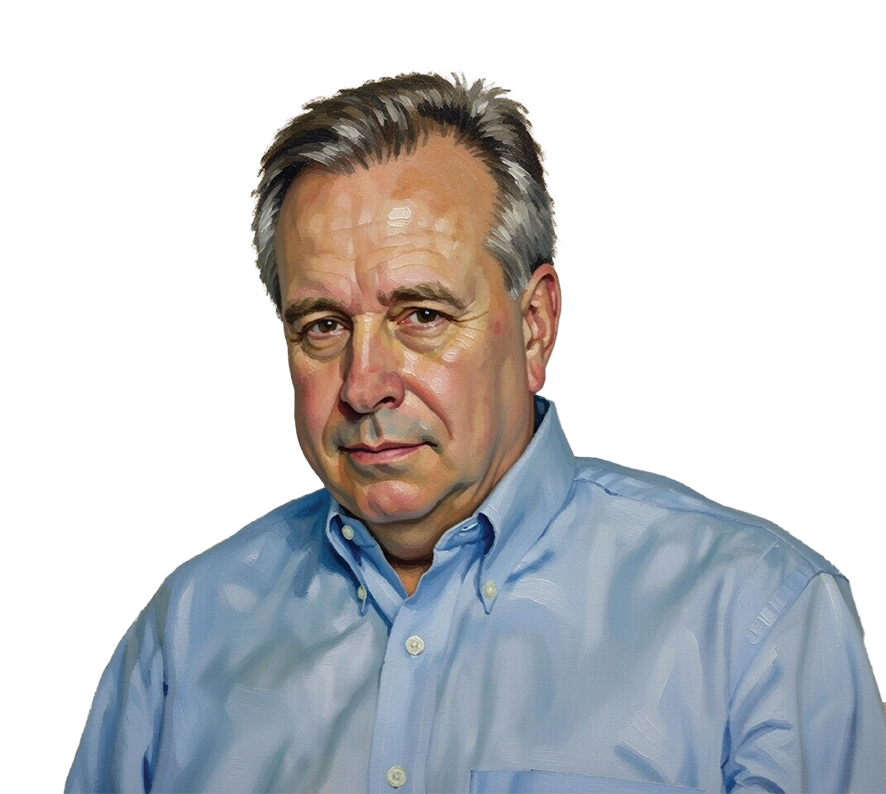Ashley Weston Shares Her Journey of Dreams, Family, and Faith Through Compelling Storytelling
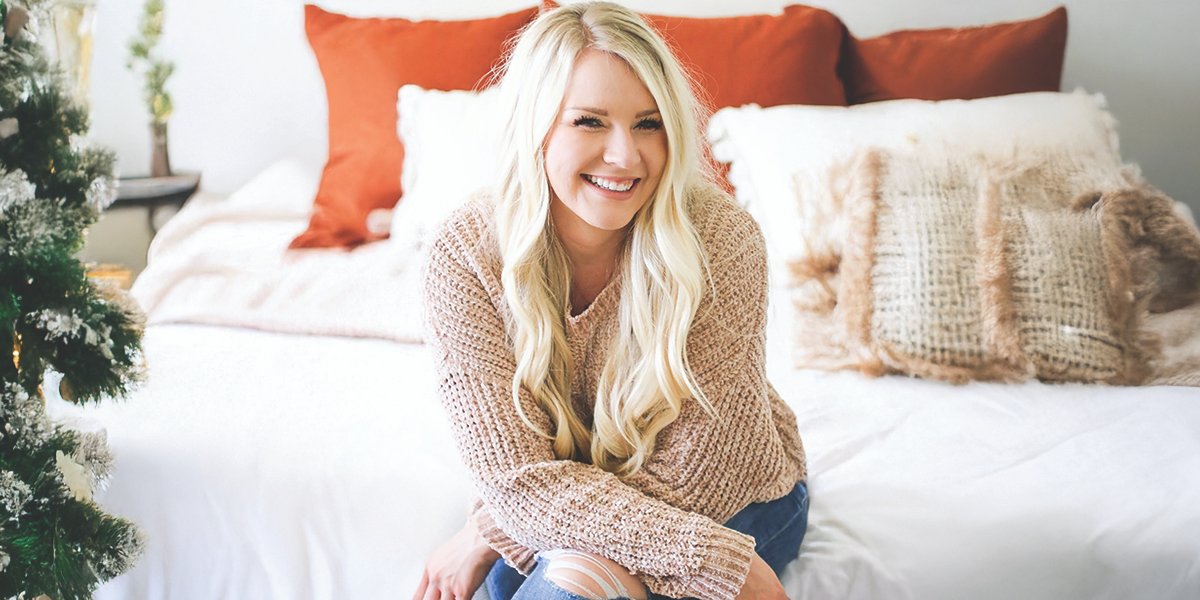
Nature, Family, and Second Chances
Ashley Weston discusses her novels’ themes of healing, forgiveness, family, and faith, drawing on her personal experiences to uplift readers through storytelling.
Ashley Weston, an ingenious storyteller hailing from Gilbert, AZ, brings to life narratives that resonate deeply with readers, capturing themes of healing, forgiveness, and unwavering hope. With a spirit rooted in faith and family, Ashley’s delightful novels unfold emotions that inspire, encouraging her audience to dream while making them swoon through the art of storytelling. From the moment she penned her first story as a third-grader, Ashley realized her passion for writing was intertwined with her life experiences—an odyssey that transformed her dreams into reality, fueled by relentless support and deep personal insights.
At Mosaic Digest magazine, we are thrilled to illuminate Ashley’s literary journey as she delves into her distinct style of narrative. Her “Marlow’s Boys Ranch” series is not merely fiction; it is infused with authenticity drawn from real places and profound experiences. Ashley’s work is a testament to the influence of her childhood, outdoor healing spaces, and the steadfast love of family. Her novels promote the transformative power of second chances and forgiveness, inviting readers to explore complex characters who navigate life’s moral dilemmas with grace—a reflection of Ashley’s own beliefs.
Balancing motherhood with a writing career, Ashley nurtures her four children while crafting stories during moments stolen from her daily life. She illustrates the hopes of better world-building through narratives infused with love and familial values—a dedication mirrored in her effort to touch the hearts of her readers, especially those grappling with chronic illnesses. Indeed, the candid feedback and heartfelt interactions with her readership bring validation to her mission, driving Ashley to continue influencing and uplifting lives with each written word.
Mosaic Digest magazine celebrates Ashley’s dedication to create compassionate stories that foster connection and empathy. Her life and work exemplify the essence of genuine storytelling—reminding us that, even amidst struggles, faith and hope offer boundless possibilities.
Your novels often explore themes of healing and personal growth. How have your own experiences with chronic illness influenced the emotional depth and authenticity of your storytelling?
Dealing with constant pain starting as a young child is not the easiest thing to navigate. I used to spend a lot of time alone and one of the ways I would cope with that loneliness would be to write. Journal my thoughts and feelings, and eventually that turned into story-telling. For me, it’s so important to help others feel seen and to know they aren’t alone as I was for so many years. If I could portray that in any small way into my stories, I feel like I’ve done my job, and maybe there’s a bigger reason as to why I suffered with it than just for me.
In your “Marlow’s Boys Ranch” series, you delve into the dynamics of found families and second chances. What inspired you to set these narratives in a ranch setting, and how does this environment enhance the stories you aim to tell?
Growing up I spent every summer at my grandma’s cousin’s cabin in Colorado on land. Everything written in my series is based on real people and a real place. I’ve always wanted to influence youth and help them feel a little less alone in the world, and by creating a safe place for them that struggle, that was important to me. This ranch, though fictional in a sense of being a boy’s ranch for healing, was based on a place I often found healing in for myself. Being outside is grounding and healing. Seeing the same two elderly family members who brought a consistent love and kindness to me each summer was so important for how I viewed the external world. Nature and family in a consistent manner is quite powerful to an adolescent.
I also believe in the power of forgiveness, and second chances is a perfect way to relay that in this type of setting. If we can forgive others for “doing wrong”, we can also forgive ourselves. It’s an ever evolving cycle.
Balancing a writing career with motherhood to four children is no small feat. Can you share how your family life shapes your writing process and the themes you choose to explore in your books?
I’m very blessed to have a supportive husband who, if I ask, gives me time to write. But I honestly try my best to show up for my family, they come first, so I tend to write during nap times or after bedtime when they don’t need me. I don’t want to miss out on their growth. I hope to write stories, though romance infused, with hope and healing to be an example to my children. If we can help our children be better adults, the world will be a better place.
Faith appears to be a significant aspect of your life. How does your spirituality influence the characters you create and the moral dilemmas they face within your stories?
This one is a little more tricky because it tends to be where a lot of opinions arise in readership. Some people love faith-based stories and some don’t. I try my best to not focus solely on one aspect of faith to make it more multidimensional with other’s beliefs but at the end of the day, my faith is who I am and a part of me, and that will trickle into my stories. With faith comes hope, and with hope anything is possible. Isn’t that what we all want? Happy endings and the possibility that anything can happen?
I want to portray real life scenarios of people who struggle, but with the aspect that faith and/or hope helps us to fight through the struggle. Not just suffer through it.
With all of that, there is always a sense of right and wrong, and a moral compass to my characters. I think we are mostly born with those instincts and I want to remind others that once again, they are not alone in those feelings. It’s okay to feel a pull, and to make decisions with consequences attached. Good or bad.
You’ve mentioned a desire to help readers feel less alone through your writing. Could you discuss a particular reader interaction or feedback that affirmed this mission and perhaps influenced your subsequent work?
I honestly worried that no one would care to read this book because it isn’t the normal storyline with tropes and banter. But I’ve had several women with chronic illness, or with someone they know who has suffered from it, reach out to me and tell me how much they appreciated me being vulnerable enough to write this story. How it helped them to feel understood. How it gave them a chance to feel like the leading role in a story. To me, that is EVERYTHING. That is what keeps me writing.


